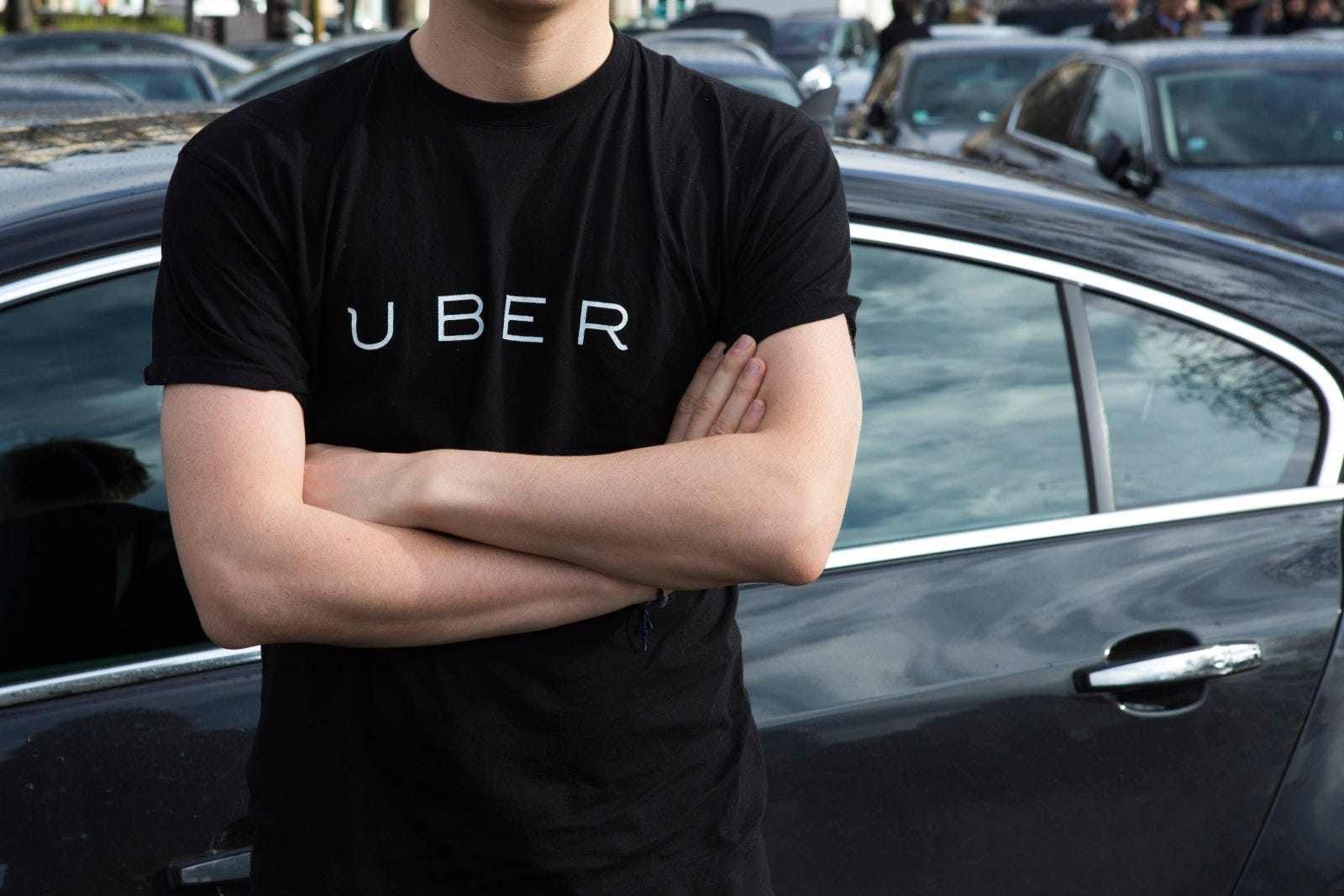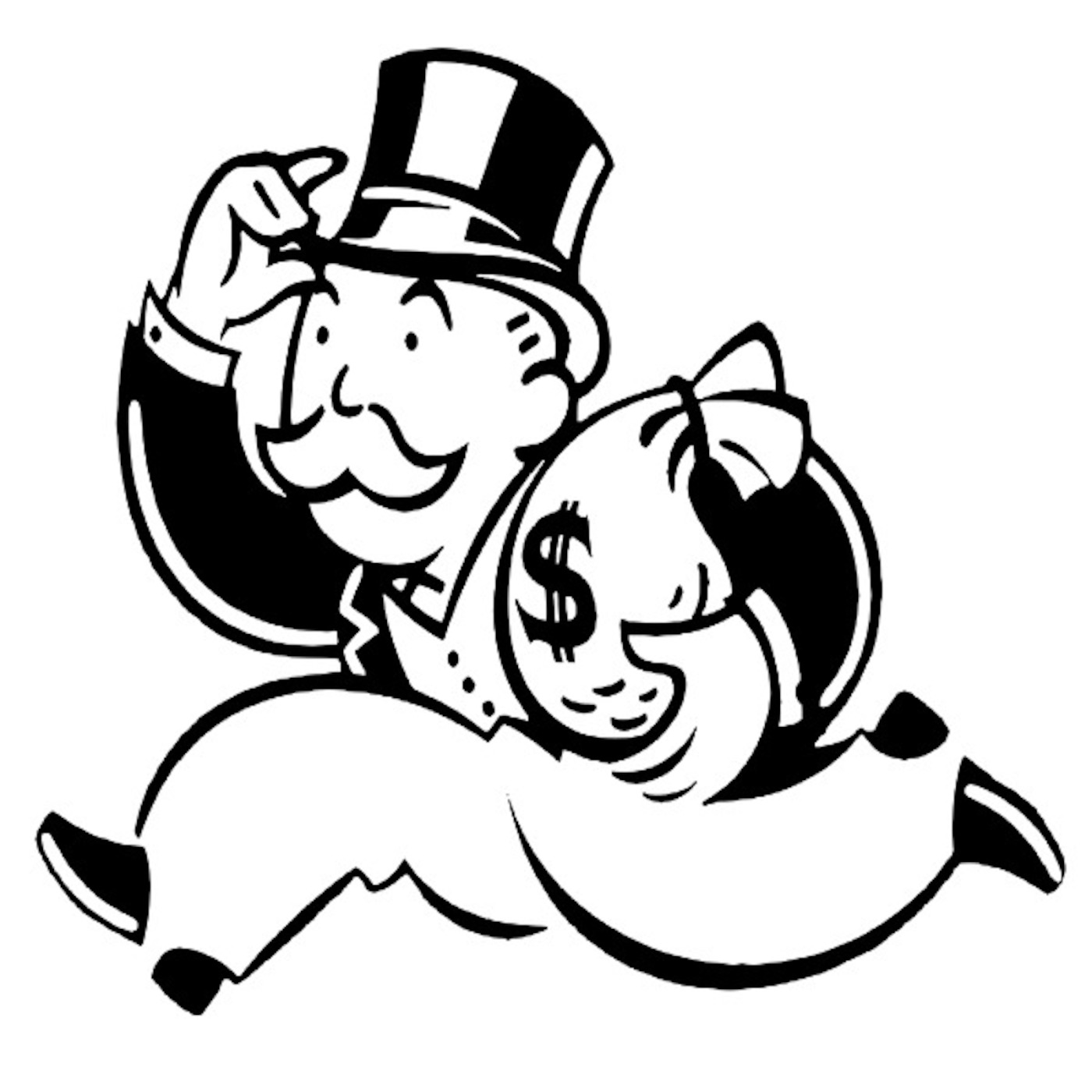
The Colombian government has decided that destroying their own taxi business and handing it over to a silicon valley company and funneling 1/4 of revenues to the United States is not an attractive idea. Funny, that.
A recent article on Reuters must have been paid for, lock, stock, and barrel, by Uber. The article uses high-index Pavlovian response words to queer the debate. Like most of these "half the story" articles, it starts out with a meandering tale about a "single mother" (high index words) of two children (ditto) who is trying to "make ends meet" (again) driving for Uber. The big mean old courts in Colombia have decided that because of some pesky laws regulating taxi companies, that a silicon valley company can't just remotely take over the taxi business in Colombia and funnel all the profits to the United States.
The article is so laughably wrong on so many levels. To begin with, they posit that Uber is "technology" because hailing cabs on your smart phone is akin to splitting the atom or landing on the moon. Second, they make these emotional arguments that "jobs are being lost" because this lady profiled, who is operating an unlicensed cab will lose her "job" and that Uber will not open a "center" in Colombia that might employ 600 people. They then posit that Colombia is missing the boat by not updating their laws to allow such "technology" companies to "invest" in Colombia. These companies are not "investing" - they are raping.
Not mentioned, of course, is how many taxi drivers and taxi companies have gone broke trying to compete with these "online" ride-hailing services, which are hemmoraging cash by offering fares for below cost, in order to put traditional taxi services out of business - and then reap monopoly profits (or duopoly profits) once they succeed. This is not "technology" or "disruption" but plain old vulture capitalism - ravage an industry, go big and get "too big to fail" and then ask for forgiveness later on.
And the "industries" they are targeting are often ones that employed the lowest-wage workers - food delivery, taxi services, warehouse workers, retail workers, and so on and so forth.
It is bad enough in the United States - but overseas? In addition to gutting traditional taxi companies, which have complied with their country's own laws and regulations, these "new" taxi companies such as Uber and Lyft, are siphoning off part of the cash and sending it to America. If you live in Colombia, this should alarm you - low-wage jobs are being turned into "apps" and a big chunk of the money made is leaving the country - 25% in the case of Uber.
Now, if Trump went to Colombia and said, "from now on, all low wage jobs in Colombia must pay 1/4 of their income to the United States as a form of tax!" there would be riots in the street. People would burn him in effigy. The American flag would be spit upon. No country in their right mind would stand for this - allowing a foreign country to take over an industry and siphon off a huge part of the cash-flow.
But that is what Uber and its ilk are in effect, doing. Under the guise of "helping" desperate people, they are systematically undermining traditional taxi services worldwide, and running off with the cash. And the big problem is, Uber is losing money doing it. This is the most troubling aspect of it. If Uber succeeds in destroying the traditional taxi business and becomes the default new taxi business, it will have a monopoly. At that point, it can raise rates to whatever it deems as "fair" and people will have to pay it or walk.
Of course, that might not happen. Many countries are waking up to the idea that these schemes are not "technology" at all, but just attempts to do end-runs on existing laws and regulations. And in the case of overseas countries, many, such as Colombia and India are waking up to the idea that these "apps" are siphoning off huge chunks of cash from their country to America - something no patriotic Colombian or Indian should stand for. At the very least, if they are going to allow ride-hailing apps in their home countries, they should be apps from the home country that keep revenue inside the country and not allow a quarter of the taxi revenue to end up in Uber's bank account in America.
It turns out, oddly enough, that all of these issues were visited before - about 100 years ago - in the taxicab business. Before taxi regulations, people would clog the streets with cars - each trying to undercut the other on fares. Passengers would be picked up and promised one fare, and upon reaching their destination, charged another - and threatened or held hostage until they paid. Other gypsy drivers simply robbed passengers or stole their luggage. People demanded change. So we regulated cabs - the fare structure, how many could be licensed, how fares were charged. Meters were installed. Since it didn't matter which cab company you used - fares were all the same - there was no "race to the bottom" by cab drivers to undercut each other. And since cab driving was profitable and cabs and their drivers were licensed and insured, it was easier to control (but not eliminate) crime by cab drivers. Uber wants us to go back to the 1909 days - when anyone could drive a cab, with sketchy inspection of the cab itself, the drivers, or their insurance policies.
That's bad enough - here in the United States. But when the model is moved overseas - to countries where driving a cab is a marginal business to begin with (and often dangerous) the idea that an American company should be allowed to (a) put all the domestic cab companies out of business and (b) siphon off one-quarter of cab fare monies and export them to America is just ridiculous. Any country that allows this in the name of fostering "technology" or "investment" is going to find out it does neither.
Perhaps many of these countries are waking to to this reality - and that handing over your domestic industries - even low-wage service industries - to America isn't a good idea. And indeed, even in America, maybe some are waking up to the idea that destroying our own domestic taxi industry isn't necessarily a great idea - that replacing thousands of independent taxi companies with one or two silicon valley "tech" companies could backfire in a huge way.
I guess we'll have to wait-and-see! Uber will have to bribe a lot of people in Colombia to make this work.
UPDATE: It seems to me that this story should have focused on the real victims here - those silicon valley millionaires and billionaires who can't afford a new Ferrari to add to their collection, because of these intransigent Colombian courts. Have pity on them! The other billionaires at the country club are no doubt laughing at them because they are driving a year-old Lamborghini. We need to understand who the real victims are here!
It turns out, oddly enough, that all of these issues were visited before - about 100 years ago - in the taxicab business. Before taxi regulations, people would clog the streets with cars - each trying to undercut the other on fares. Passengers would be picked up and promised one fare, and upon reaching their destination, charged another - and threatened or held hostage until they paid. Other gypsy drivers simply robbed passengers or stole their luggage. People demanded change. So we regulated cabs - the fare structure, how many could be licensed, how fares were charged. Meters were installed. Since it didn't matter which cab company you used - fares were all the same - there was no "race to the bottom" by cab drivers to undercut each other. And since cab driving was profitable and cabs and their drivers were licensed and insured, it was easier to control (but not eliminate) crime by cab drivers. Uber wants us to go back to the 1909 days - when anyone could drive a cab, with sketchy inspection of the cab itself, the drivers, or their insurance policies.
That's bad enough - here in the United States. But when the model is moved overseas - to countries where driving a cab is a marginal business to begin with (and often dangerous) the idea that an American company should be allowed to (a) put all the domestic cab companies out of business and (b) siphon off one-quarter of cab fare monies and export them to America is just ridiculous. Any country that allows this in the name of fostering "technology" or "investment" is going to find out it does neither.
Perhaps many of these countries are waking to to this reality - and that handing over your domestic industries - even low-wage service industries - to America isn't a good idea. And indeed, even in America, maybe some are waking up to the idea that destroying our own domestic taxi industry isn't necessarily a great idea - that replacing thousands of independent taxi companies with one or two silicon valley "tech" companies could backfire in a huge way.
I guess we'll have to wait-and-see! Uber will have to bribe a lot of people in Colombia to make this work.
UPDATE: It seems to me that this story should have focused on the real victims here - those silicon valley millionaires and billionaires who can't afford a new Ferrari to add to their collection, because of these intransigent Colombian courts. Have pity on them! The other billionaires at the country club are no doubt laughing at them because they are driving a year-old Lamborghini. We need to understand who the real victims are here!






